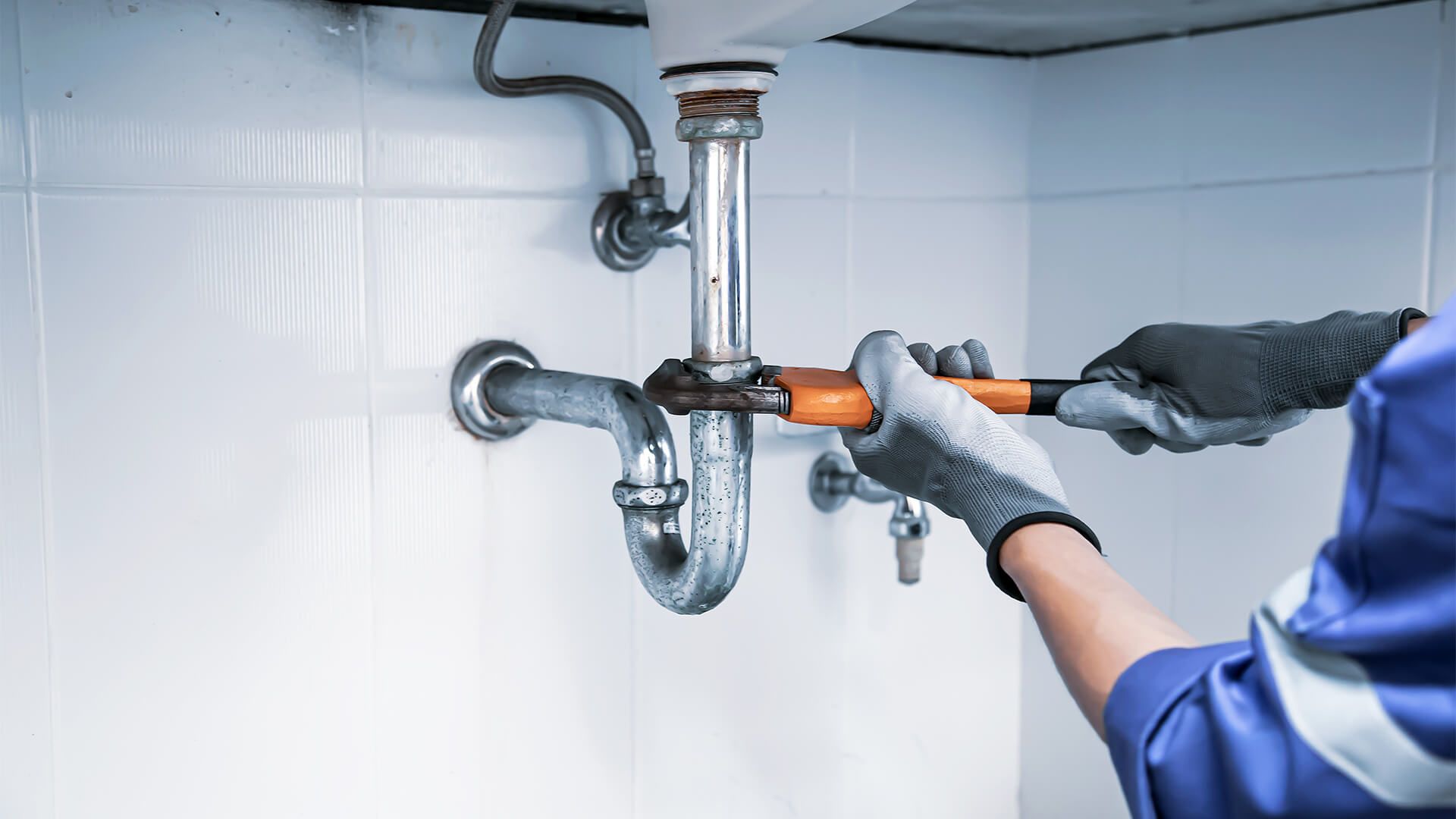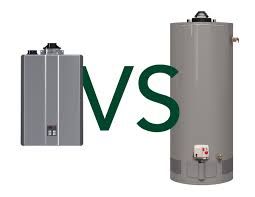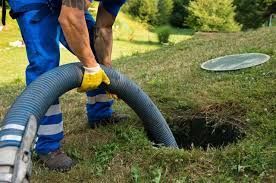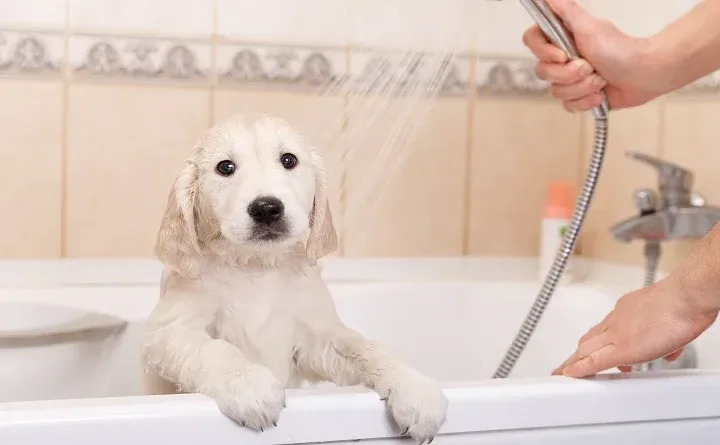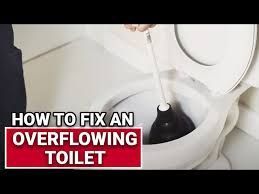Common Causes of Sewer Line Damage and How to Avoid Them
Sewer lines are vital to maintaining a home's plumbing system, yet they are often overlooked until problems arise. Damage to sewer lines can lead to expensive repairs and significant inconvenience. Understanding the common causes of sewer line damage and how to prevent them can save you from a costly and stressful experience. Let’s explore the main culprits behind sewer line damage and practical steps to keep your plumbing in good shape.
"How to Prevent Sewer Line Damage"
Tree Root Intrusion: A Hidden Menace
How It Happens
Tree roots are naturally drawn to moisture and nutrients, making sewer lines a prime target. Roots can penetrate small cracks in the pipes, expanding over time and causing blockages or structural damage.
How to Prevent It
- Choose the Right Trees: Avoid planting water-loving trees, like willows, near sewer lines.
- Install Root Barriers: Professional plumbers can install barriers to keep roots from reaching your sewer lines.
- Regular Inspections: Annual plumbing inspections can identify root intrusion before it becomes severe.
Clogs Caused by Improper Use
How It Happens
Flushing non-biodegradable items like wipes, feminine hygiene products, and excessive paper down the toilet can cause significant clogs. Kitchen grease, food scraps, and coffee grounds can also accumulate and block pipes.
How to Prevent It
- Mind What You Flush: Only flush toilet paper and human waste.
- Dispose of Grease Properly: Pour used cooking oil into a sealed container and discard it in the trash.
- Use Sink Strainers: Strainers can catch food scraps and prevent them from going down the drain.
Aging Pipes and Material Degradation
How It Happens
Sewer lines, especially older ones made of cast iron or clay, can deteriorate over time. Corrosion, rust, and general wear weaken the structure, making it prone to cracks and leaks.
How to Prevent It
- Upgrade to Modern Materials: PVC pipes are more durable and resistant to corrosion.
- Schedule Regular Maintenance: A professional plumber can assess the condition of older pipes and recommend replacements if necessary.
Ground Shifting and Soil Erosion
How It Happens
Natural events such as earthquakes, heavy rainfall, or soil erosion can shift the ground around sewer lines, causing misalignment or damage. Even slight shifts can lead to cracks and leaks over time.
How to Prevent It
- Stabilize the Soil: Landscaping and proper drainage systems can reduce the risk of erosion around your property.
- Inspect After Natural Events: Have your sewer lines checked after earthquakes or heavy rains to catch potential issues early.
Excessive Water Pressure
How It Happens
While strong water pressure might feel luxurious in your shower, it can strain your pipes over time. Excessive pressure may cause pipes to crack or burst, leading to damage in the sewer line.
How to Prevent It
- Install a Pressure Regulator: This device keeps your water pressure at a safe level.
- Monitor Pressure Regularly: Use a water pressure gauge to ensure levels stay within 40-60 PSI.
Construction or Landscaping Damage
How It Happens
Digging for home improvement projects or landscaping can unintentionally damage sewer lines if their locations are not accurately mapped. Heavy construction equipment can also crush pipes.
How to Prevent It
- Call Before You Dig: Always contact local utility services to locate underground pipes before starting any digging projects.
- Hire Professionals: Rely on licensed contractors who understand the risks and know how to work around sewer lines.
Cold Weather and Freezing Pipes
How It Happens
In colder climates, freezing temperatures can cause water in the pipes to expand, leading to cracks or bursts in sewer lines.
How to Prevent It
- Insulate Pipes: Use pipe insulation to protect sewer lines from freezing.
- Keep Water Moving: Let faucets drip during freezing weather to prevent stagnant water from freezing.
- Seal Cracks: Ensure there are no gaps in your home’s foundation where cold air can enter and affect pipes.
Chemical Damage from Harsh Cleaners
How It Happens
Using chemical drain cleaners might seem like an easy solution to clogs, but over time, these harsh chemicals can corrode pipes and cause severe damage.
How to Prevent It
- Opt for Natural Alternatives: Use baking soda and vinegar to clear minor clogs.
- Hire Professionals for Major Clogs: Professional plumbers use safe methods to address stubborn blockages.
How Regular Maintenance Can Save You
Regular maintenance is the key to avoiding most sewer line problems. A professional inspection every 12-18 months can identify early signs of damage and allow for timely repairs. Maintenance tasks such as hydro jetting, root removal, and video inspections are excellent preventive measures.
Conclusion
Understanding the common causes of sewer line damage is your first step toward protecting your plumbing system. By implementing preventive measures—such as mindful planting, proper disposal practices, and regular maintenance—you can avoid costly repairs and keep your sewer lines in optimal condition. Take proactive steps now to save yourself time, money, and stress in the future.

